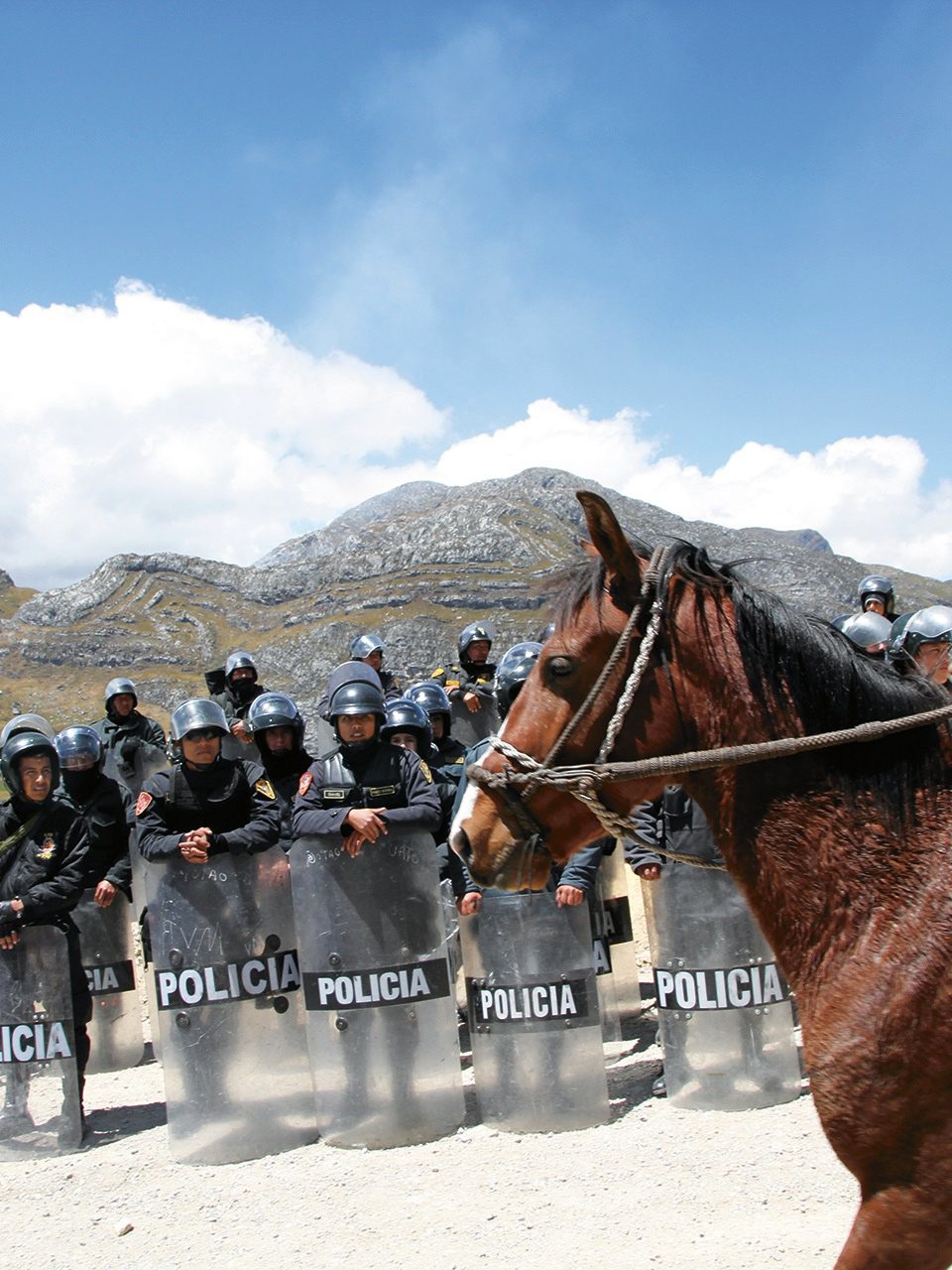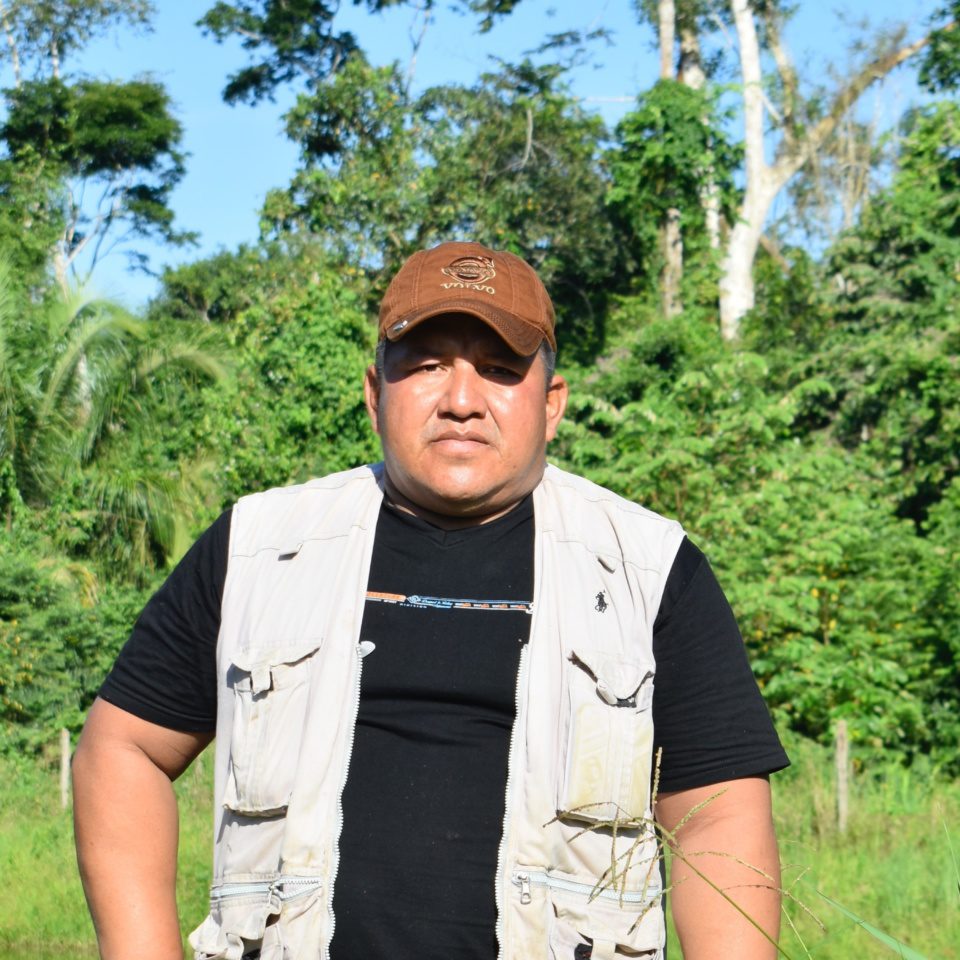Destructive gold industry
For millennia, gold has been closely interwoven with the history of humanity. The coveted metal has long been used for jewellery and decorative splendour, and more recently to make watches and electronics. Over the years, gold mining has also remained inextricably linked to destruction of nature and loss of human life.
Gold mining is ruining our most important ecosystems, such as the Amazon. Mercury is used to separate gold from rock, poisoning soils, people and animals. The social impact is also enormous: human rights violations, violence, exploitation and misery are rife around the mines, which entire regions are driven to become economically dependent on. Indigenous communities are particularly hard hit: the mines destroy their habitat and they are subjected to violence on a massive scale by illegal gold miners.
This injustice may seem far away, but Switzerland is entangled in it. Major buyers, such as banks and the watch industry, are situated here. In addition, 70 per cent of the gold worldwide is processed or traded in Switzerland, where the world’s four largest refineries are to be found. Not many people in this country are aware of that, which is hardly surprising given the secretive and opaque nature of the gold industry. The latter repeatedly processes or trades high-risk gold from extremely problematic regions, as shown by past and current examples: be it sanctioned gold from warmongering Russia, gold obtained inhumanely from mines in Peru, or gold acquired from the United Arab Emirates, where tonnes of dirty gold is laundered every year. Time and time again, Switzerland is involved in concealing the origins and abysmal production conditions of problematic gold.
Achievements with regard to gold
Gold industry speaks out for indigenous rights
2022: Following the visit of a delegation from the Brazilian Amazon, five major gold refiners and the Swiss Association of Manufacturers and Traders in Precious Metals released a landmark statement: they condemned illegal mining and advocated that indigenous and local communities must have a say in projects.
Metalor announces withdrawal from small-scale mining operations
2019: Metalor - one of the world's largest gold refineries based in Neuchâtel - announces its withdrawal from artisanal mining. The STP welcomes this step as a short-term solution. In the long term, however, better conditions in gold mining are necessary for the many people who depend on artisanal mining for their survival, as for example in Colombia and Peru.
Peru's judiciary suspects ex-supplier of Metalor of illegal activities
March 2019: The Peruvian public prosecutor’s office suspects a former supplier to the Swiss refinery Metalor of money laundering and illegal gold mining. A year earlier, the STP had pointed out questionable gold imports from Peru to Switzerland.
Struggle for transparency
January 2019: After the Data Protection and Information Commissioner supports STP's request for access to detailed gold trade statistics, the Directorate General of Customs now also wants to grant the request. The gold refineries file an appeal with the Federal Administrative Court.
Gold imports from UAE collapse after revelatory GfbV report
Following the publication of a STP report on dubious gold from the United Arab Emirates, exports to Switzerland fell sharply. While the Emirates were still Switzerland's largest gold supplier in January 2018 with over 21 tonnes of gold, six months later not a single gram was imported from this country.



